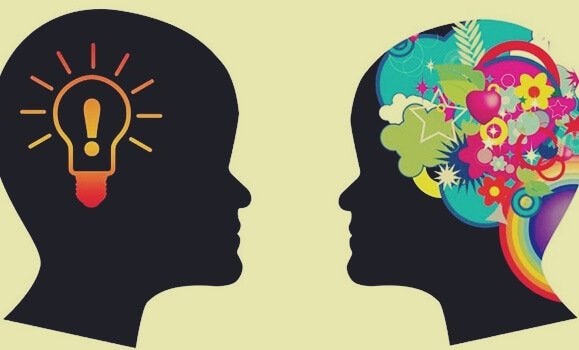The axes of social competence are learned, not born with them, we all come into the world with the tools to communicate with others and be part of certain groups, the fact is that we turn these innate characteristics into practical skills through learning.
We begin to integrate into culture through imitation, in this way we learn the language, first way to communicate with others, we also learn about behaviors. Our parents give us clues about how we should relate to the world.
- “Empathy and social skills are social intelligence.
- The interpersonal part of emotional intelligence.
- So they look alike? -Daniel Goleman-.
It is possible that the people around us as children were not the best teachers of social skills or who relate to us in a problematic way.
So sometimes we don’t know how to communicate properly with others, but it’s never too late to learn, so the first step is to find out what are the main axes of social competition.
There’s no way to trust others if we don’t trust each other first. This is one of the main issues of social competence that, unfortunately, many people have not yet developed and cultivated.
This usually happens because there is a whole learning story that leads us to doubt the value we have or, on the contrary, to believe in all our value and potential.
Self-esteem and self-confidence create its foundation in the first years of life, the relationship with parents is fundamental in this construction, most commonly if parents have personal difficulties in this field, children will have personal difficulties in this area. Also. It’s not a mathematical equation, it’s a trend.
From now on, it is always possible to change the situation and develop greater self-confidence. Experts advise avoiding very fierce self-criticism and negative thoughts around you and also towards others.
In addition, learning to express your emotions aloud and as accurately as possible can also help. On the other hand, learning to maintain a straight posture and not expecting to feel totally safe to act can also be helpful.
Another very important issue of social skills is the ability to communicate, it is almost tautological, because it is obvious that if we do not develop our communicative skills, we will hardly be able to establish fluid bonds with others.
The key here is not to learn to make flourishing and incendiary speeches, to learn to convince others, or to be experts in public speaking, but in perceiving and communicating feelings.
The best way to communicate with others is to speak according to our emotions, it is not rational communication, but emotional communication that allows us to build better relationships with others, so one of the main axes of social competence is to be able to transmit what we feel and who we are.
The ability to show our feelings and emotions without filtering, without fear, without precautions, promotes empathy, is also a decisive factor in generating closeness with others, in fact, contributes significantly to others also opening up their inner world and allowing us to enter.
Connecting with others means being present in your lives and knowing how to understand others from your point of view, not ours. It requires a high capacity for acceptance.
As with self-confidence and self-esteem, it is impossible to accept others if we are not able to accept ourselves first, that is, to recognize and admit our strengths and all our faults with tranquility and naturalness.
Connecting with each other is only possible if we know how to empathize, to achieve this goal the first step is to know how to listen, this means not judging, not being conditioned to listen in a certain way by the characteristics of our interlocutor. .
We must allow the other to be himself while expressing himself, listening to what you say, without thinking about anything else and without wanting to change what the other person thinks, change or question what we hear and the thought that you express.
One tip that can help you at this point is to ask you what the person who is talking to you wants or needs, it’s about understanding how the other person feels and what they’re trying to express to you. Authentic listening is the basis of an effective connection that will enrich your life and that of the person who speaks to you.
Social skills are linked to a better structuring of ourselves, to be closer to ourselves, to our essence, so we will be more open and receptive to others.
This can be developed naturally, but you can also learn and exercise. All these skills drastically improve our lives and make us healthier from a mental health perspective.

